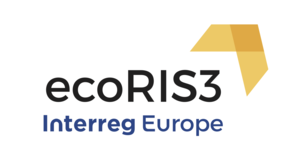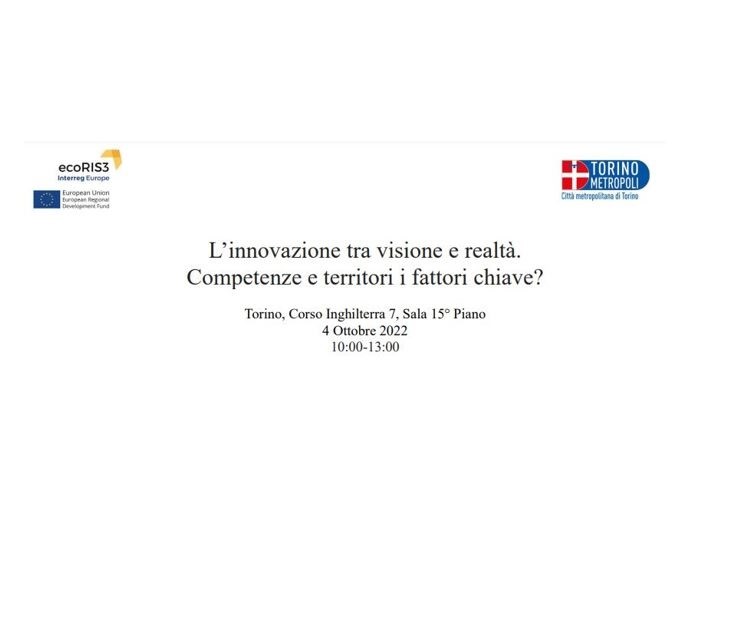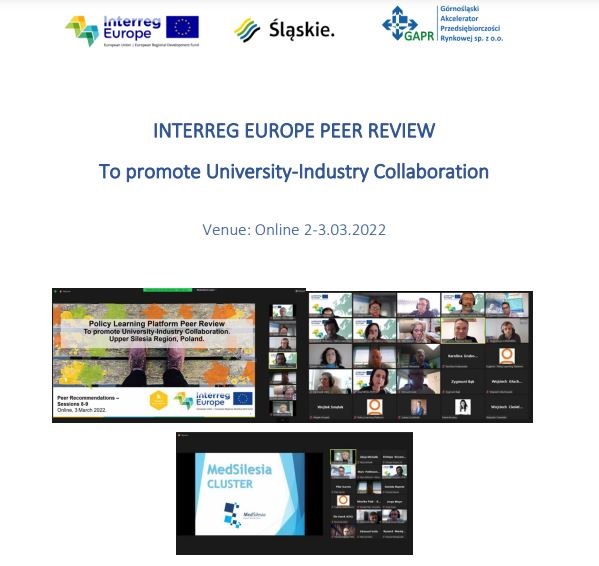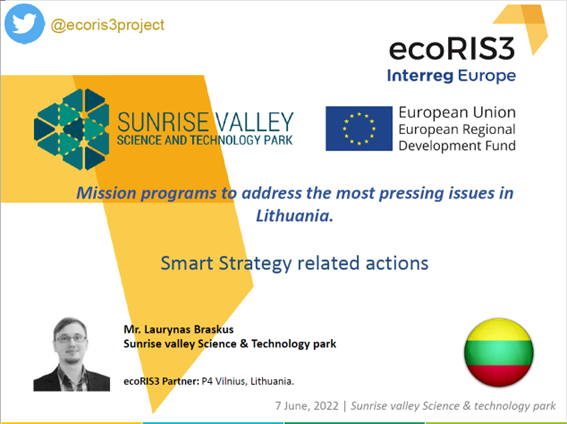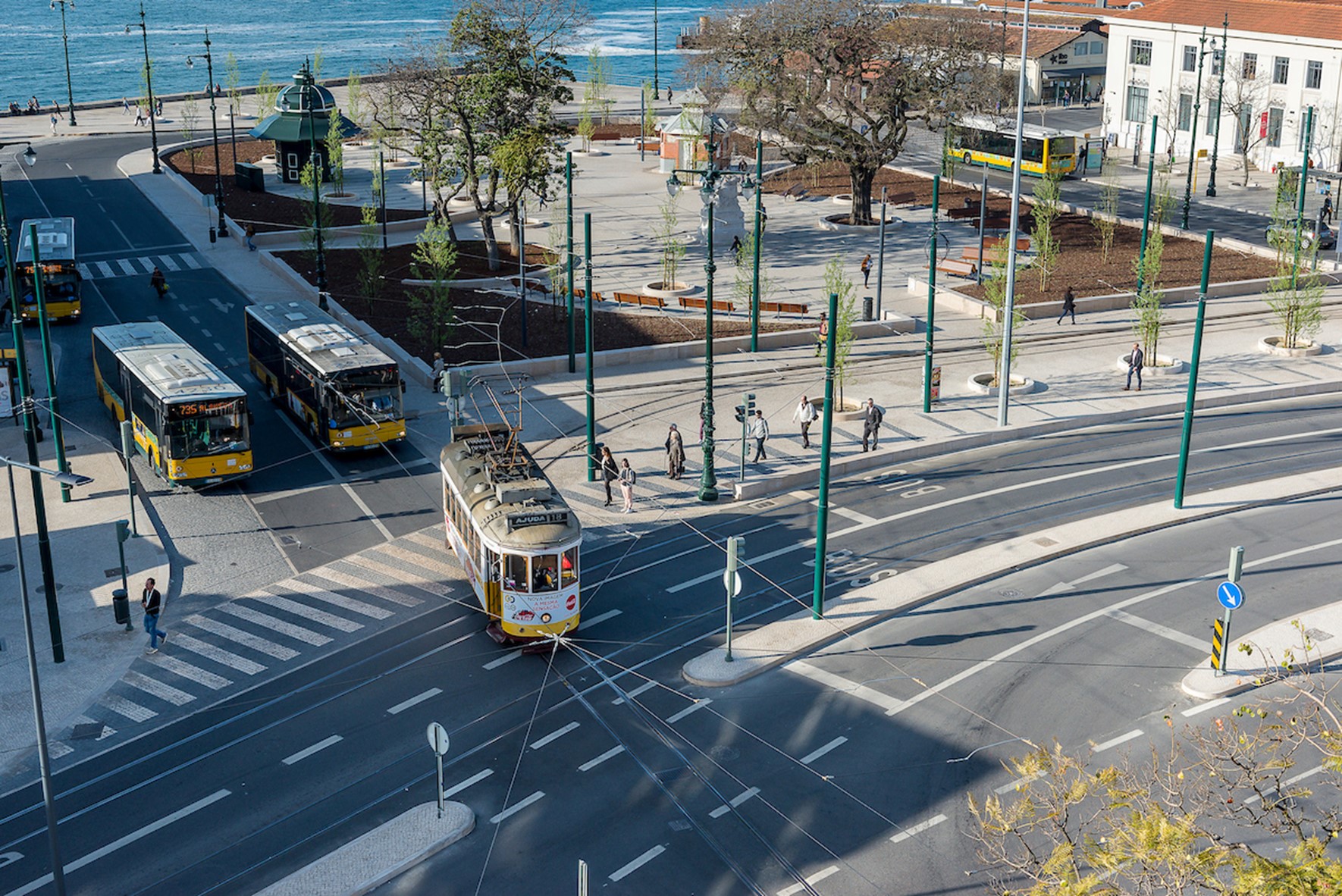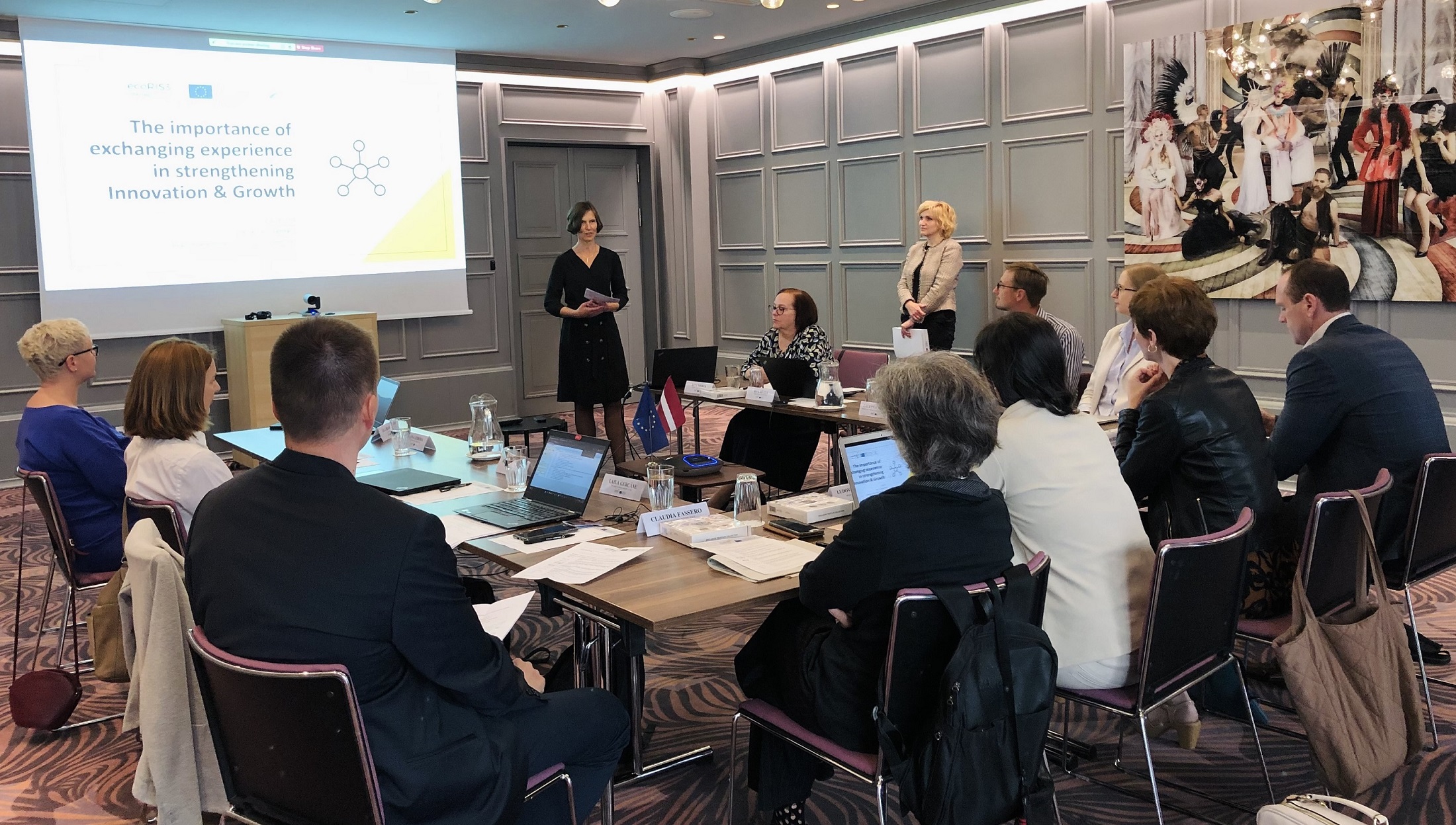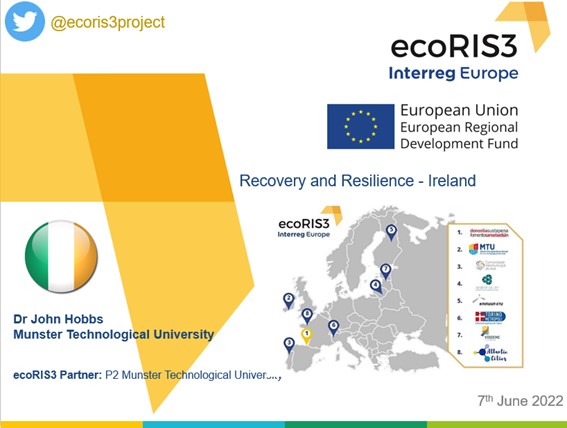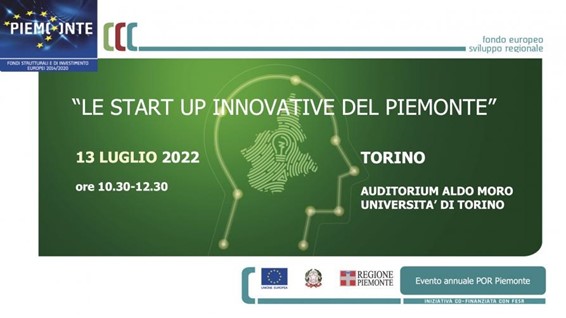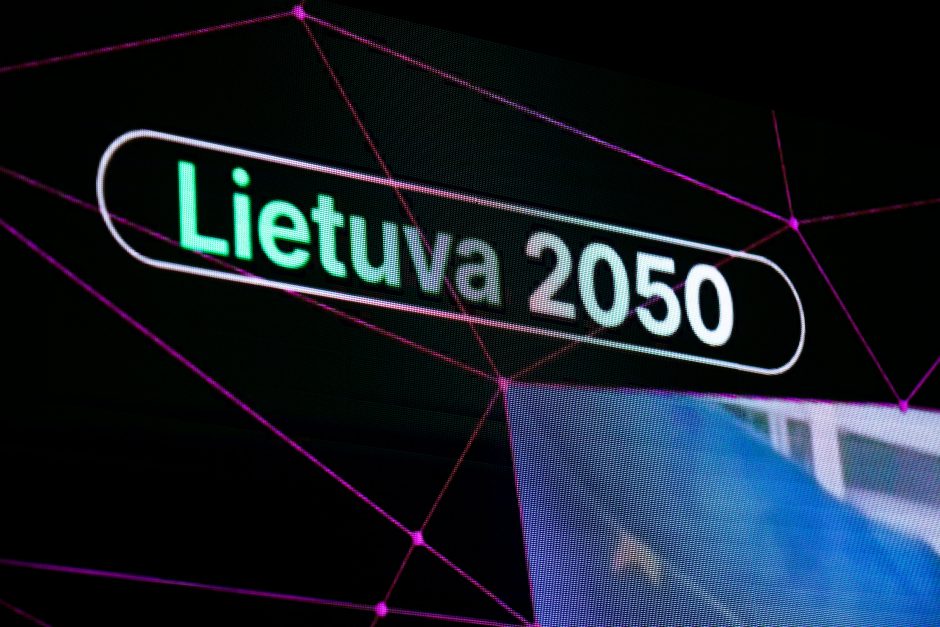In 2014, the Ministry of Culture of the Republic of Latvia addressed vocational cultural education institutions throughout Latvia with an invitation to carry out the creative partnerships programme RaPaPro. Schools had to open their doors to the public, look for partners amongst businesses and within the social sphere, which also included the neighbouring schools and local residents. This meant cooperating in such ways to be able to learn from each other’s experience, do things together, do them better, solve problems and unleash the potential of creativity. Full understanding of the idea of creative partnerships is demonstrated as equality between all parties, where everyone is a benefactor as well as a bene ciary, be it student or a teacher, a businessman, a doctor or the mayor of the city. We are proud of the creative partnerships programme RaPaPro and its most successful projects, which managed to acknowledge the use of creative approach in practice of solving various social problems as well as the visibility of the programme.

“RaPaPro” creative partnerships programme has been launched and financially supported by the Ministry of Culture of Latvia since 2014 with the aim of forming new partnerships in secondary vocational schools of cultural education, and involves teachers and students of art, design and music, municipalities, entrepreneurs, social groups and other local community representatives. “RaPaPro” projects have led to the acquisition of new skills and knowledge and have provided the chance to work in interdisciplinary teams and promote the use of design thinking in cultural education. The creativity of this project is encoded in the freedom of choosing its partners and field of collaboration.
Nowadays, the concept of creative partnerships is substantively expansive. Almost all projects in the creative industry are carried out by teams working in cross-industries, connecting traditional knowledge and skills with modern technologies, creating new ways of thinking and, both directly and indirectly improving the public quality of life. This applies to any industry interested in creative partnerships. „RaPaPro”can be taken as a great example of the cross-sectorial collaboration where creative industries and Design thinking methods are used for solving the challenges in private and public sectors.
Creative Partnership Program developed with the targets:
- to encourage to invent
- to encorage coworking
- to evaluate interdisciplinarity
- to stimulate independence of pupils
- to activate self promotion skills
- to promote entrepreneurship
- to increase tolerance and empathy.

Results achieved:
Values:
„RaPaPro” is a flow-machine. Interaction between students in a class, within a school, between educational institutions, business partners and the general public make ideas happen, giving them opportunities and stages of realisation.
Collaboration:
Although in an individual minded society the earlier the better when students understand and accept that the final outcome is not only better but also more enjoyable when achieved in cooperation with others.
Continuity:
Sustainability and long term effects are based on continuity. “RaPaPro” not as a one-shot spectacle but as a continuous program offers conditions of better planning, more intensive preparations and reliable partnerships.
Dace Melbārde, Minister for Culture of the Republic of Latvia:

“The valuable knowledge and skills gained give students the opportunity to work in teams with students from educational institutions of other specialities, thus allowing them to acknowledge their individual strengths and competences, learn from entrepreneurs and cooperate with social workers and representatives of local governments. It is an unordinary and challenging experience to arise interest in children of orphanage and kindergartens as well as people with disabilities, all at the same time. Students’ participation in “RaPaPro” is a unique opportunity to ascertain their empathetic skills and break stereotypes while working in such psychologically challenging environments as prisons.
The progress made within the last three years is a solid experience platform as well as a valuable impulse towards the development of this amazing partnership platform so that it would organically integrate into the learning process of cultural educational institutions and provide students with more powerful thinking and learning tools, opportunities to be bold, experiment and make valuable mistakes and plan the process of the project and participate in all phases of the project implementation.”
Signe Pujāte, Director of the Latvian National Centre for Culture:

“Everything done within the project until now is a good beginning for a process that should continue. I wish courage and willingness to make the project’s ideas and methods an essential part of the learning process! Our talented children and youth deserve it.”
